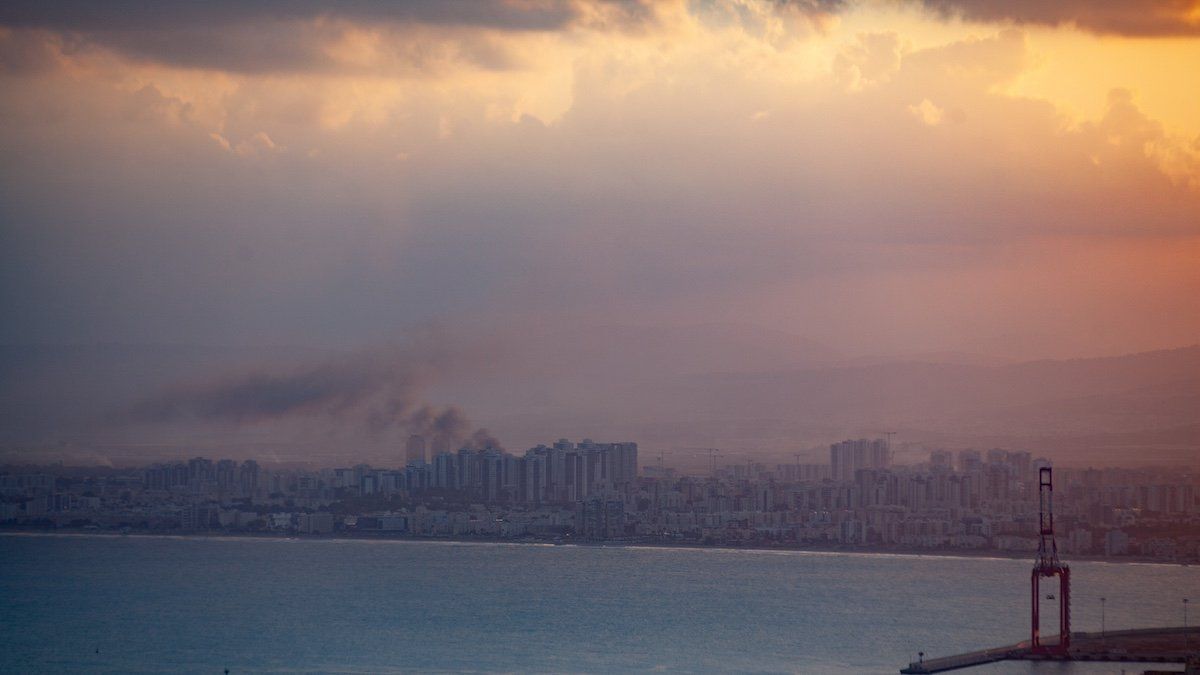Hezbollah fired over 150 rockets into northern Israel early Sunday, striking as far south as Haifa, Israel’s largest port, as both sides got closer to a wider war after nearly a year of escalating cross-border exchanges.
The Hezbollah barrage followed last week’s Israeli airstrikes on Lebanon and the detonation of thousands of Hezbollah pagers and walkie-talkies across the country.
Israeli Prime Minister Benjamin Netanyahu has vowed to restore security in northern Israel, where tens of thousands of Israelis have been evacuated. “No country can accept the wanton rocketing of its cities”, he warned. Israel’s Chief of the General Staff Herzi Halevi said Sunday the military would do “whatever it takes to remove threats against Israel.”
But Israel’s leadership is split on whether to escalate the conflict with a ground war. The head of the IDF’s Northern command is pressing for an incursion to create a “buffer zone”, while Defense Minister Yoav Gallant and Halevi have expressed doubts over expanding the war against Hezbollah, a more formidable foe than Hamas.
Meanwhile, at a funeral Sunday for a Hezbollah commander killed last week in Beirut,deputy chief Naim Qassem warned of an “open-ended battle of reckoning." But Hezbollah too must tread carefully – any such battle would entail immense pain for a Lebanese population already struggling with a severe economic crisis.